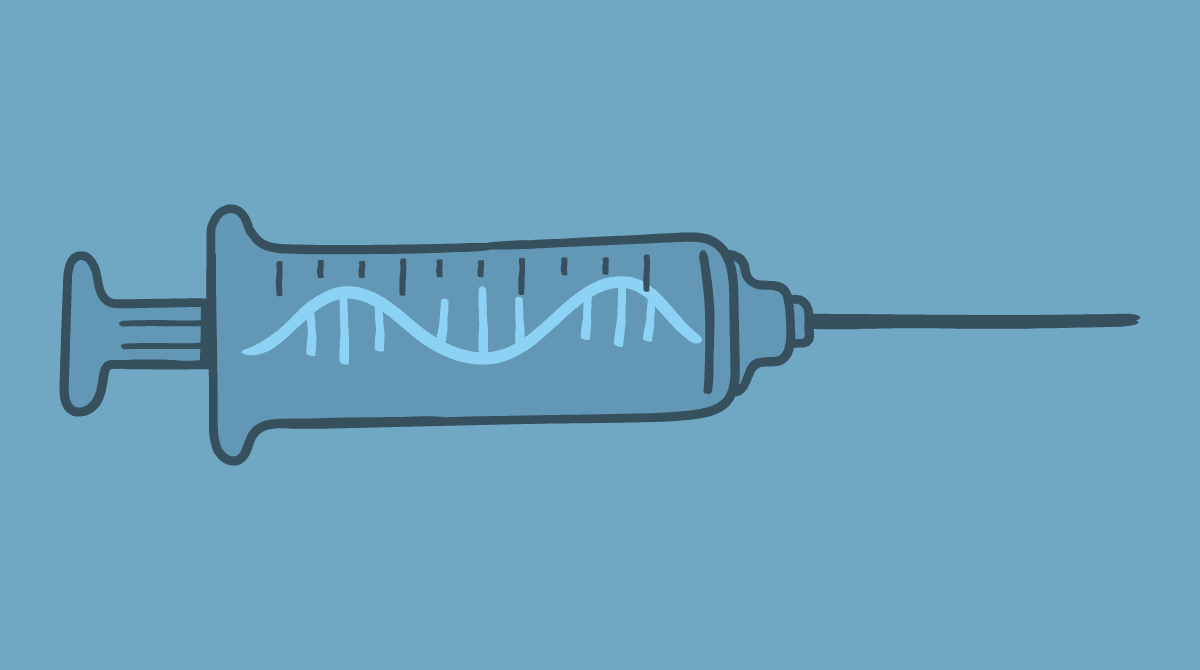How a COVID-19 Vaccine Could Help You Live Longer with Cancer
How do mRNA vaccines work in cancer treatment? What is immunotherapy and how does it help fight cancer? Can COVID-19 vaccines prevent cancer? What are the side effects of combining mRNA vaccines with cancer therapy? How can I participate in cancer vaccine clinical trials?

covid vaccine cancer study 2025, covid shot helps cancer, mRNA vaccine cancer survival, covid vaccine boost immunity cancer, Pfizer Moderna cancer study, covid vaccine and immunotherapy, covid shot cancer patients live longer, covid vaccine 5x survival rate, cancer treatment breakthrough 2025, covid vaccine new research, covid vaccine immune system cancer
By YEET Magazine Staff, YEET Magazine
Published October 27, 2025
How a COVID-19 Vaccine Could Help You Live Longer with Cancer
In a surprising twist, the same COVID-19 mRNA vaccines that helped protect us from the virus might also help cancer patients live longer. Researchers from the University of Texas MD Anderson Cancer Center and the University of Florida have found that patients with advanced lung or skin cancer who received a COVID-19 mRNA vaccine within 100 days of starting immunotherapy lived significantly longer than those who didn't. For example, lung cancer patients who got vaccinated lived about 37 months on average, compared to 21 months for those who didn't. Melanoma patients also showed improved survival, increasing from 27 months to as much as 40 months, with some still alive at the study's end. The Sun
What’s Going On?
The mRNA vaccines, like those from Pfizer and Moderna, don't just protect against COVID-19. They seem to "wake up" the immune system, helping it recognize and attack cancer cells. This is especially important for cancers like lung and melanoma, which can be hard to treat. The vaccines appear to boost the effectiveness of immunotherapy, a treatment that helps the immune system target cancer cells. By combining the vaccine with immunotherapy, patients' immune systems become better at fighting tumors. AP News
Why It Matters
This discovery is big news for cancer treatment. It suggests that mRNA vaccines could be used as a tool to enhance existing cancer therapies, potentially leading to better outcomes for patients. Researchers are now planning larger studies to confirm these findings and see if this approach can be applied to other types of cancer. If proven effective, this could change how we treat cancer and make therapies more accessible. The Washington Post
What You Can Do Now
- Stay Informed: Keep up with the latest research on cancer treatments and vaccines.
- Talk to Your Doctor: If you or someone you know is undergoing cancer treatment, discuss the possibility of receiving an mRNA vaccine with your healthcare provider.
- Participate in Research: Consider joining clinical trials that explore new cancer treatments.
- Advocate for Cancer Research: Support organizations that fund cancer research to help accelerate the development of new treatments.
Related Posts
- How do mRNA vaccines work in cancer treatment?
- What is immunotherapy and how does it help fight cancer?
- Can COVID-19 vaccines prevent cancer?
- What are the side effects of combining mRNA vaccines with cancer therapy?
- How can I participate in cancer vaccine clinical trials?
- What is the future of mRNA vaccines in cancer treatment?
- How does the immune system fight cancer?
- What are the latest breakthroughs in cancer research?
- How can lifestyle changes support cancer treatment?
- What are the survival rates for advanced lung cancer?
- How does melanoma treatment differ from other cancers?
- What are the risks of immunotherapy?
- How do researchers test new cancer treatments?
- What is the role of genetics in cancer treatment?
- How can early detection improve cancer survival rates?
- What are the signs and symptoms of lung cancer?
- How is skin cancer diagnosed and treated?
- What is the prognosis for advanced melanoma?
- How do vaccines stimulate the immune system?
- What are the benefits of personalized cancer therapy?
- How does cancer immunotherapy work?
- What are the challenges in developing cancer vaccines?
- How can diet and nutrition impact cancer treatment?
- What is the role of surgery in cancer treatment?
- How does radiation therapy help fight cancer?
- What are targeted therapies in cancer treatment?
- How do clinical trials contribute to cancer research?
- What are the stages of cancer development?
- How does cancer spread in the body?
- What are the emotional impacts of cancer diagnosis?
- How can support groups help cancer patients?
- What are the financial costs of cancer treatment?
- How can insurance help cover cancer treatment expenses?
- What are the ethical considerations in cancer research?
- How do environmental factors influence cancer risk?
- What are the genetic factors in cancer development?
- How can stress management aid in cancer recovery?
- What are the latest technologies in cancer treatment?
- How do alternative therapies complement cancer treatment?
- What is the role of palliative care in cancer treatment?
- How can cancer patients manage side effects of treatment?
- What is the importance of follow-up care after cancer treatment?
- How can cancer patients maintain quality of life?
- What are the long-term effects of cancer treatment?
- How does cancer research impact public health?
- What are the global disparities in cancer treatment access?
- How can policy changes improve cancer care?
- What are the future directions in cancer research?
- How can individuals reduce their risk of developing cancer?
- What are the myths and facts about cancer prevention?
- How does cancer affect different populations?
- What are the emerging trends in cancer treatment?
